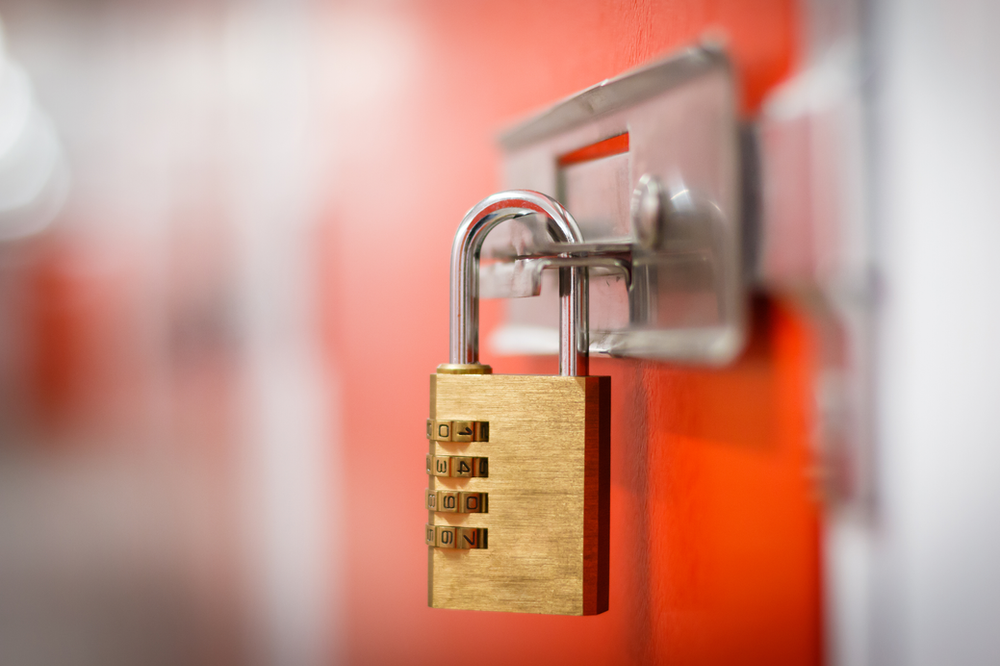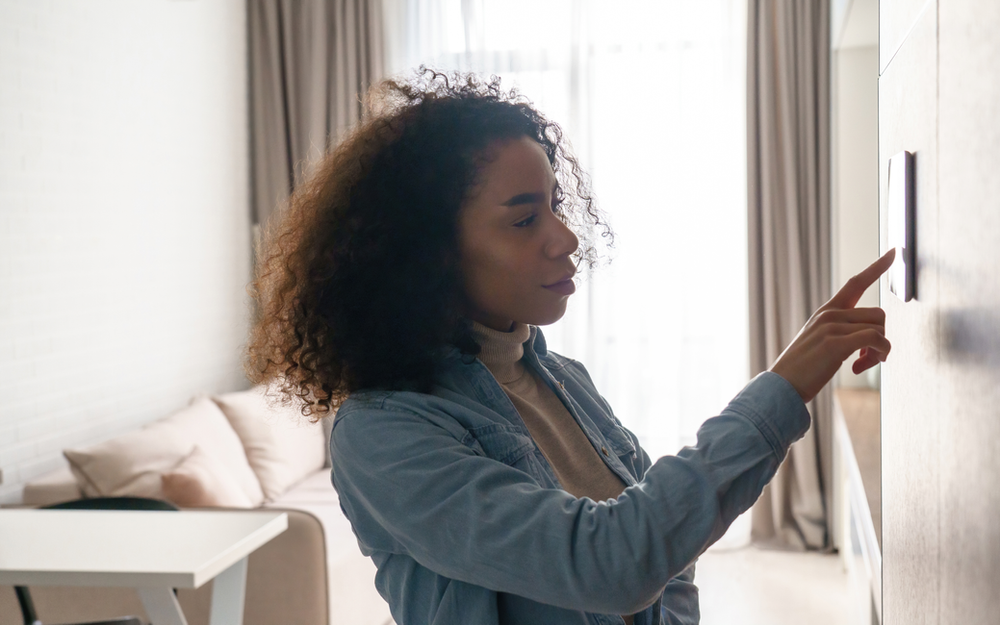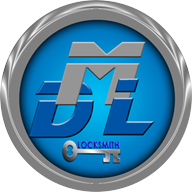
Locks are a necessary security measure for many of us. Whether they're protecting our homes or businesses, locks provide peace of mind and help to protect what is most precious to us.
But when it comes to locking systems for your home, there are two main types: traditional locks and smart locks.
So which one should you be using to provide security for your home or business? Keep reading to find out!
Traditional Locks vs. Smart Locks
Traditional locks have been around for thousands of years, so they've got some experience in the game! They're reliable and relatively inexpensive, too.
The problem with traditional locks is that there's really no way to tell if someone has broken into your house without finding the lock on the outside door unlocked or damaged or you notice items are missing from your home—which could happen even if you were just running to the store quickly.
Smart locks are pretty nifty because they can be opened by a key, fob remote, or even via your phone! And if you think about it—you probably use your cell phone for just about everything else these days, so why not pair it with your security system?
Smart locks also provide more peace of mind than traditional ones since you can track who has entered and exited your home or business.
It may be that you're leaning more towards one of these locking systems than the other, depending on personal preference. Still, there are factors to consider like convenience and security when deciding!
But, which one is the most secure? First, let's go over the types of locks:
Traditional Locks
When we refer to traditional locks, we mean the most common locks you'll come across on most doors; a euro cylinder lock or mortice deadlock, and so on.
These are the locks you're already familiar with and will almost certainly have on the door of your home or business. You will need a physical key to unlock and lock traditional locks.
Smart Locks

On the other hand, when we mention "smart" locks, we refer to a lock that you may open via gadgets like a fob, keypad, phone, computer, or tablet app.
These locks require either Wi-Fi or Bluetooth to unlock your door.
You will not need a physical key to unlock and lock a smart lock.
Which is More Convenient: Smart Locks or Traditional Locks
Smart locks have an advantage in this area. The ability to allow someone into your home from a great distance is wonderful. Especially if you have children.
In a commercial setting, remotely allowing access means that you don't have to be within driving distance of your building at all times—you can take that vacation knowing that you can gain or deny access to employees, tenants, vendors, or other visitors.
People are generally never without their phones these days, so it's a fantastic way to ensure you're never locked out.
Traditional locks require you to trust someone with a key or leave a key under the mat if you want to grant access to your home while you are not there (which we highly discourage). A burglar can also try to pick traditional locks.
All of these pose security concerns since leaving a key is an open invitation for any opportunistic burglar who finds it, and you must trust someone not to lose the key.
Having a traditional lock can be like having an open door if you don't take additional security precautions or use a high-quality lock.
If you are unsure of the quality of your locks, one of our locksmiths will assess and provide recommendations if necessary.
There is one drawback of smart locks: there could be issues with the connection. If your phone's battery runs low, for example, you lose access to the internet connection with the smart lock.
With Bluetooth smart locks, a third-party device could disrupt the Bluetooth connection, meaning you have a security risk and may need to find another way to unlock the door.
Luckily, many smart locks include a key override in case you lose access to your physical key.
Which Lock is More Secure?

The burning question—which locking system is more secure?
The biggest problem with smart locks is that hackers may go after anything connected to the internet. This means, if you install a smart lock at home, someone may access your property by hacking the lock.
However, this does not mean that smart locks are unsafe, either.
Most companies have integrated safety measures to ensure that smart locks are safe for commercial and residential use.
The best way to keep your smart door locks safe is by following these easy steps:
- Update the password regularly so it cannot be easily accessed or guessed
- Never share passwords with anyone
- Keep on top of updates to the mobile applications that come with your smart lock
Traditional door locks can be vulnerable to break-ins. An expert burglar can, in seconds, pick some locks and gain access to your house. There are ways to ensure that your locks are secure, and one of our expert locksmiths can give you advice on the best lock for your needs.
One of the deciding factors to consider for the most secure lock for your home is whether an intruder will be able to pick or break your lock.
Burglary is a crime of opportunity; thus, it's unlikely that an attacker would have planned to hack into your smart door lock beforehand.
However, carefully consider a smart lock's benefits if you have many people aware of your passwords or other internet security concerns.
With that said, it means that there isn't a universal standard by which to measure all smart locks against traditional locks in terms of security and convenience, making it difficult to determine the best locking option for your requirements without assessing your home and lock demands.
Both have benefits and drawbacks. As a result, comparing them on a security basis may not influence your decision one way or another.
Which One Should You Get: Smart Locks or Traditional Locks?
By now, we've hopefully given you enough information on both types of locking systems that can help make an informed decision!
If convenience is a priority and staying matters, then you might want to consider smart locks. However, if you prefer using a physical key and are uncomfortable with the connectivity of a smart lock, perhaps traditional locks are more suitable for your home or business!
Smart locks are far superior for monitoring when compared to traditional types because they provide you with real-time information about who enters or exits your property (just like a security camera system) and can even keep a record of that information.
Traditional locks can be a fantastic choice if you're looking for something simple, but it's clear why smart locks are becoming a popular pick amongst home and business owners these days. If you haven't already looked at how you can upgrade your locking system—you should!
For more information on how we can best serve your locksmith needs, visit our website or contact us!
Rationale
Locks are a necessary security measure for many of us. Whether they're protecting our homes or businesses, locks provide peace of mind and help to protect what is most precious to us.
But when it comes to locking systems for your home, there are two main types: traditional locks and smart locks.
Traditional locks include euro-cylinder lock or mortice deadlock, those with physical keys.
Compare this to "smart" locks, which use the fob, keypad, phone, computer, or tablet app for entry.
Both come with pros and cons, including security, convenience, and increased accessibility. But which one is right for you will be based on your business needs.
DML Locksmith Services
2109 W. Parker Rd Suite 206
Plano, TX
75023
info@dmllocksmith.com

